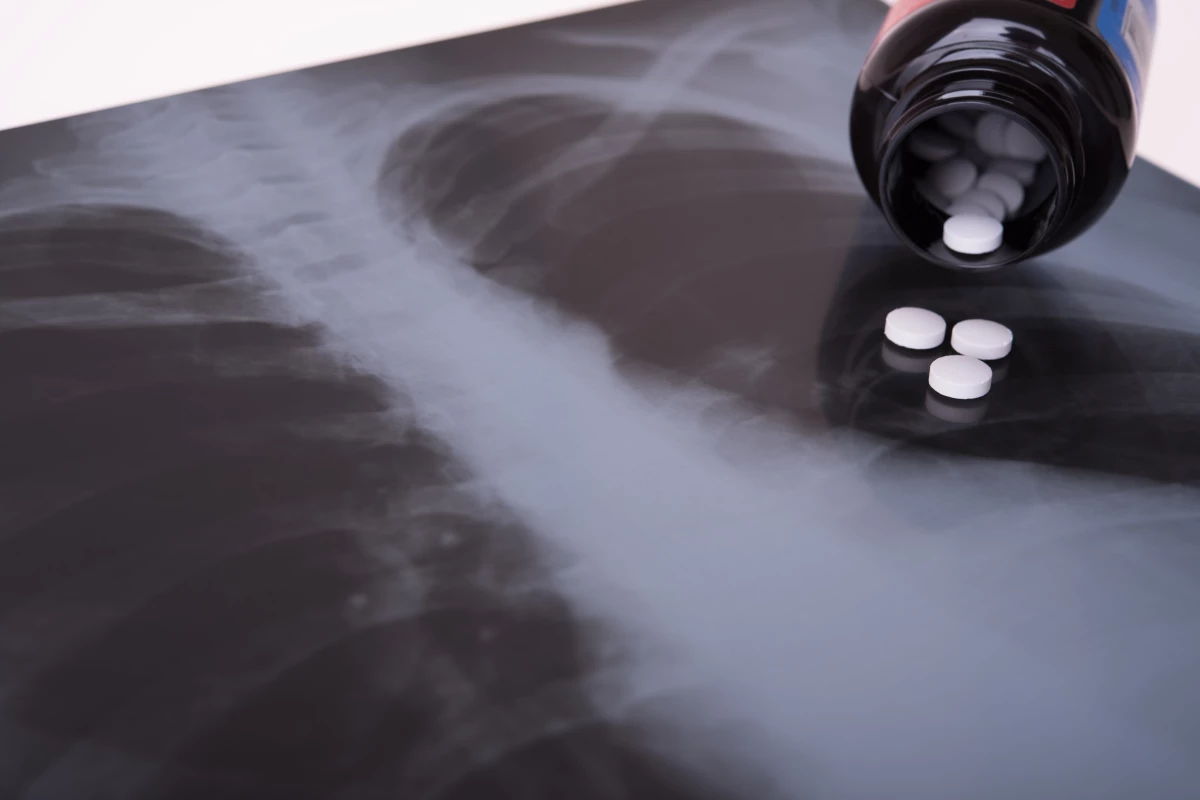Sinclair International has begun human trials of a new anti-radiation drug called HOPO 14-1 that is designed to help decontaminate those who have been exposed to radioactive elements as a result of a nuclear accident or dirty bomb attack.
The threat posed by nuclear contamination as a result of, for example, a dirty bomb attack isn't so much a matter of what one is contaminated with as where. Leaving aside the very high emissions produced by radioactive elements with very short half lives, the main danger is from longer half-life elements, which are more likely to be encountered, and where they end up.
These contaminants produce emissions like alpha particles that are so low energy that they can be stopped by the layers of dead cells on your skin. However, if such elements are inhaled or ingested, they can lodge onto or be absorbed by soft body tissues, where they can wreak havoc with DNA and the delicate biochemical processes of the cells.
The obvious way to treat this is to either remove the radioactive elements or prevent them from staying in the body. Perhaps the most famous example of this is potassium iodide, which is sold as a diet supplement, yet is also used to protect patients undergoing radiation therapy, and is often stockpiled by so-called 'preppers' just in case World War III breaks out without polite notice.
Specifically, potassium iodide protects the thyroid gland from being contaminated by radioactive iodine. The thyroid hoards iodine and potassium iodide tablets overload the body with stable iodine, preventing the thyroid from the radioactive kind, which is eventually flushed out of the body.
HOPO 14-1 takes on the radioactive elements directly, by chelating them. That is, the drug attaches molecule segments to the guilty atoms, detaching them from living cells or preventing them from being absorbed in the first place. It's not a new idea. Another drug called diethylenetriamine pentaacetate (DTPA) is approved for use, but it has to be injected or taken by inhalation using a nebulizer. HOPO 14-1, on the other hand, can be taken orally in tablet form.
Now, the human clinical trials, funded by the National Institute of Allergy and Infectious Diseases (NIAID) and led by Polly Chang, Senior Scientific Director in SRI’s Biosciences Division, aims to ensure that HOPO 14-1 isn't in itself hazardous.
"Results from this first-in-human clinical trial are important to understand both the safety of this product and how it is distributed in and eliminated from the body," said Dr Chang. "We’re hopeful this work will pave the way for advancing the product towards eventual market approval,"
Source: SRI International





